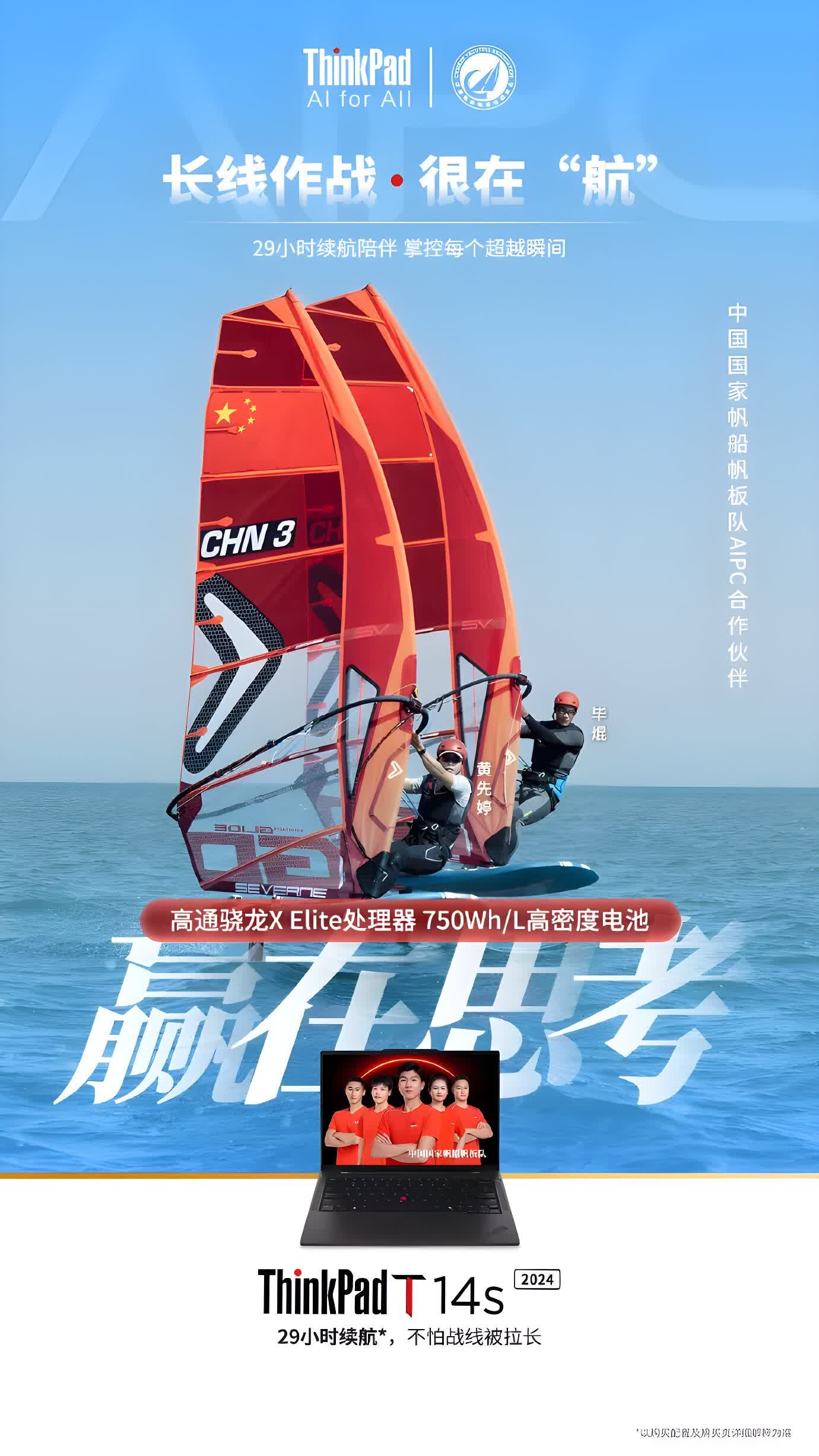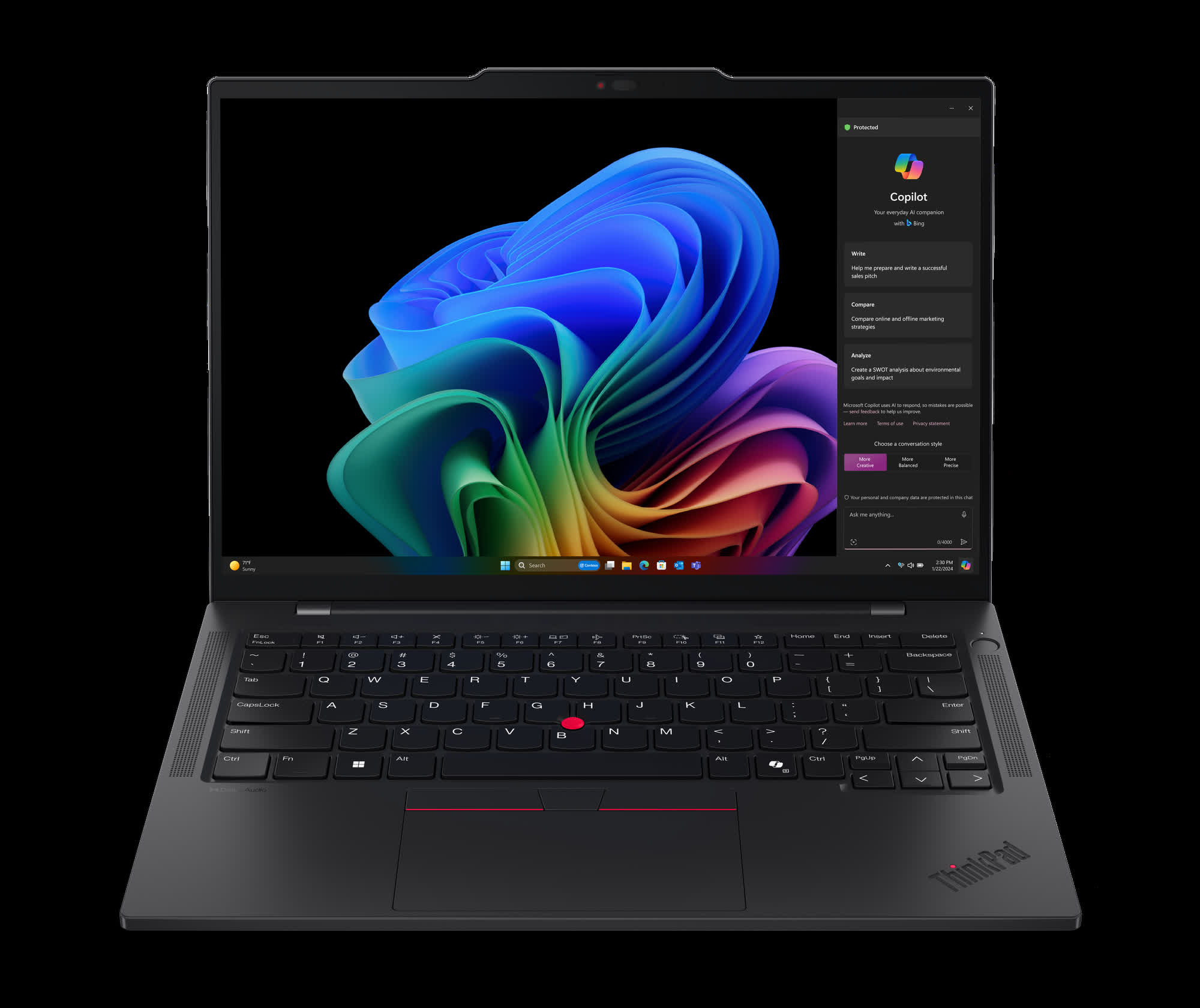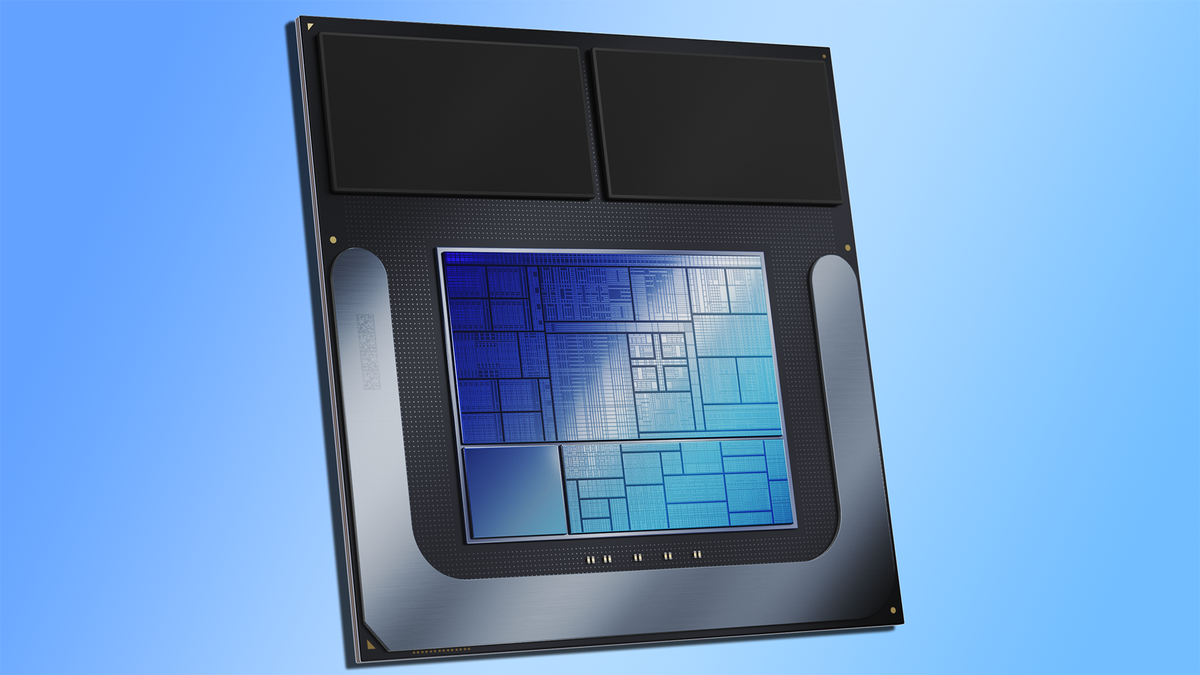What just happened? Lenovo is pulling back the curtains on a new variant of its latest business-focused ultraportable, the ThinkPad T14s Gen 6, and it's making some lofty claims about this Arm-powered laptop's battery life. Powered by Qualcomm's new Snapdragon X Elite processor, the company asserts that the new T14s Gen 6 can achieve a staggering 29 hours of battery runtime on a single charge.

Manufacturer battery life claims have to be taken with a grain of salt until third-party testing can validate them. Still, even discounting a bit of marketing hyperbole, if the T14s gets anywhere close to that 29-hour figure in real-world conditions, it would easily outperform most Intel and AMD-based laptops currently on the market. For comparison, the latest 16-inch MacBook Pro promises 'only' up to 22 hours of Apple TV movie playback.
Delivering the promise is a fairly standard 58Wh battery pack, though the Snapdragon X Elite's power-sipping Arm cores no doubt help maximize that capacity. This SoC itself utilizes 12 custom Arm Oryon CPU cores along with a beefy Adreno GPU.
Related reading: The Best PC Monitors - 2024 Update
Curiously, Lenovo has outfitted the cooling system with dual fans. One fan is likely dedicated to the X Elite itself, leaving us curious about what other heat-generating components necessitated that second blower.
The rest of the ThinkPad T14s Gen 6 spec sheet checks all the boxes you'd expect from a premium ultraportable. There's up to 32GB of LPDDR5x RAM and 1TB of fast NVMe SSD storage. The 14-inch OLED panel pushes a sharp 2.8K (2800 x 1800) resolution while offering HDR, 100% DCI-P3 color, and other high-end display niceties.
Lenovo retained the traditional ThinkPad design language too, complete with a TrackPoint nub in the middle of the keyboard. Ports are plentiful: two USB-A, a pair of Thunderbolt 4, HDMI 2.1, a 3.5mm audio jack, and even a SIM slot. WiFi 7 is supported too.
With an all-metal chassis weighing just 2.73 pounds and standing 0.67 inches thick, the ThinkPad T14s seems to tick all the boxes for a highly portable productivity partner. The only potential fly in the ointment is pricing, which Lenovo hasn't officially announced but early retail listings in China suggest it will start around $1,700.
That's a premium price point, even for a hardened business machine, though the claimed runtime could make it worthwhile. Meanwhile, the less premium 14" WUXGA IPS model available in the US is listed for $1,754.35 currently and promises "multi-day battery life."
Lenovo's latest ThinkPad claims 29-hour battery life, powered by Snapdragon X Elite chip


